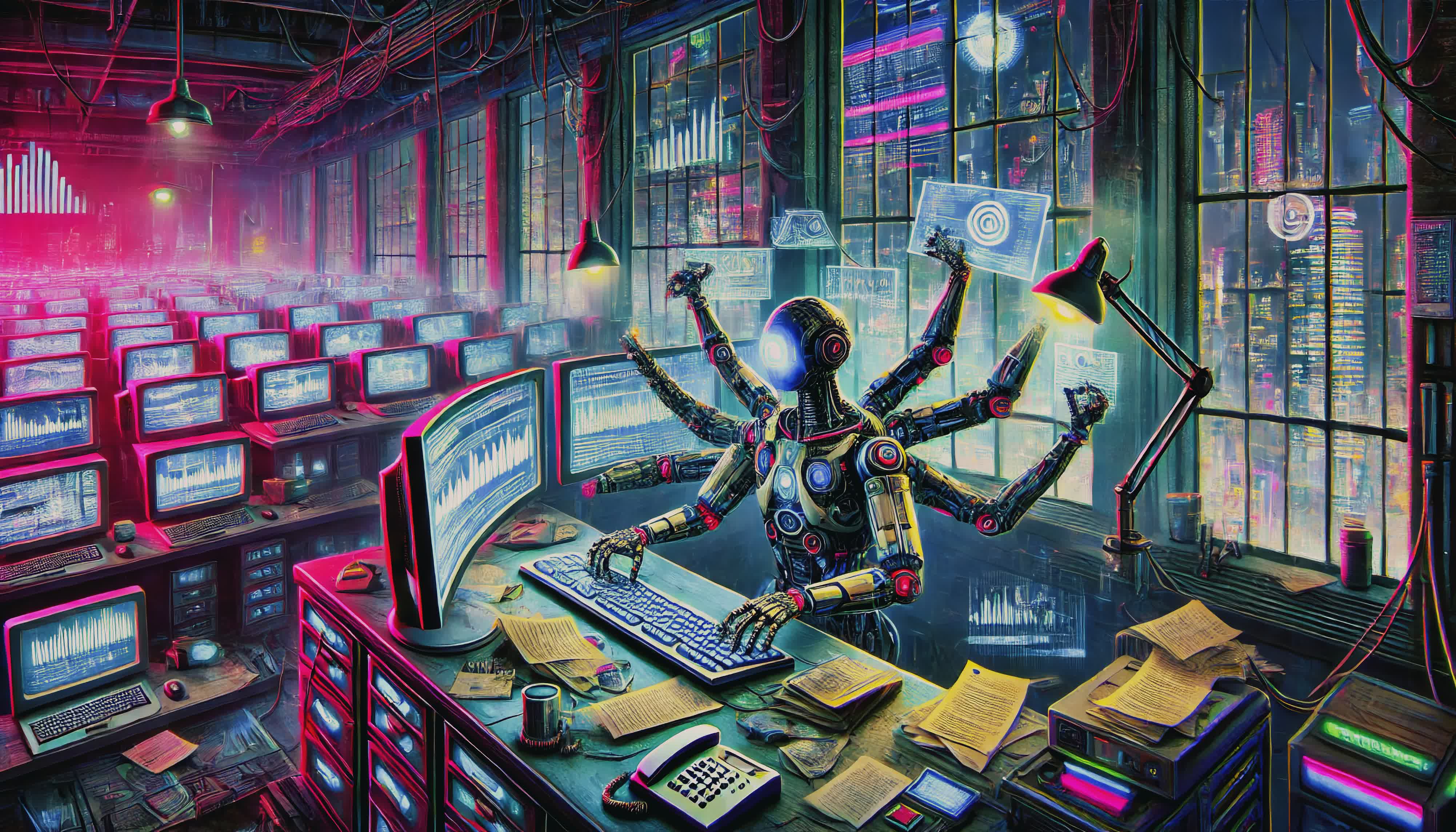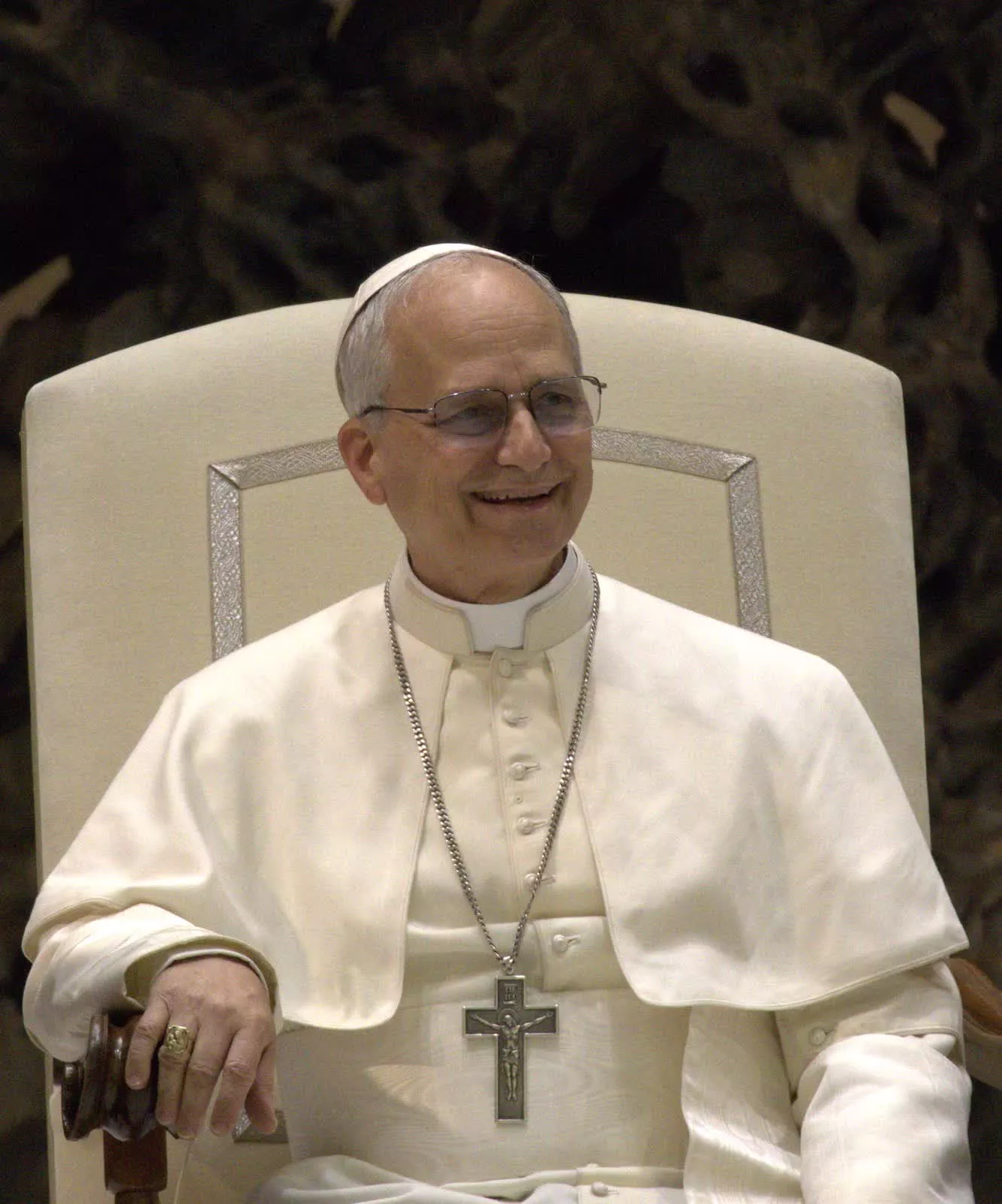The big picture: Two days after his election, Pope Leo XIV addressed a gathering of cardinals in Rome and made it clear that artificial intelligence would be at the center of his papacy. The new pontiff, who hails from Chicago and holds a mathematics degree, invoked the legacy of his namesake, Leo XIII, who had defended workers' rights during the upheaval of the industrial revolution.
"Today, the church offers its trove of social teaching to respond to another industrial revolution and to innovations in the field of artificial intelligence that pose challenges to human dignity, justice and labor," Leo XIV told the College of Cardinals, who responded with a standing ovation.
Pope Leo XIV's warning comes after years of dialogue between the Vatican and Silicon Valley. Over the past decade, executives from companies such as Google, Microsoft, Cisco, and others have traveled to Rome to discuss the ethical and societal implications of artificial intelligence with church leaders. These meetings have often been held behind closed doors, with both sides seeking to influence the global conversation around technology and its impact on humanity.
Despite ongoing discussions, a significant divide remains between the Vatican and the tech industry. The Catholic Church has advocated for a binding international treaty on AI, a position that some technology companies have resisted in favor of voluntary ethical guidelines.
The European Union has begun implementing legally binding regulations, while some in the US government have pushed back against such measures. Meanwhile, certain tech executives have rejected even broad ethical frameworks, preferring to avoid formal oversight altogether.

Pope Leo XIV's concerns echo those of his predecessor, Pope Francis, who became increasingly wary of artificial intelligence as he learned more about its capabilities and potential dangers.
Francis met with tech leaders and warned of a "technological dictatorship," urging governments to create binding international rules to regulate AI. In a message to G-7 leaders, Francis described AI as "fascinating and terrifying," and cautioned that humanity could face a future without hope if "choices by machines" replaced human decision-making.
The Vatican has also highlighted the risks of AI concentrating power and wealth in the hands of a few companies, the potential for autonomous weapons, and the threat of children growing up in a world shaped by dehumanized digital interactions. In a recent document, the Vatican warned that even if AI has positive uses, unchecked development could come at the expense of the many.
Cardinal Giuseppe Versaldi, a longtime associate of Pope Leo XIV, underscored the urgency of the issue. "Leo XIV wants the worlds of science and politics to immediately tackle this problem without allowing scientific progress to advance with arrogance, harming those who have to submit to its power," Versaldi told the Wall Street Journal.
He added, "These tools shouldn't be demonized, but they need to be regulated. The question is, who will regulate them? It's not credible for them to be regulated by their makers. There needs to be a superior authority."
As the Vatican hosts a major conference on AI, ethics, and corporate governance, tech executives and church officials alike are watching closely to see how Pope Leo XIV will use his influence. The pontiff is expected to deliver a written message to conference participants, but has not yet met with tech CEOs so early in his reign. Upcoming meetings with leaders from Microsoft and Google may provide further insight into whether the new pope will offer guidance or a challenge to the companies shaping the future of AI.
Pope Leo XIV warns of AI risks, urges action to protect human dignity
